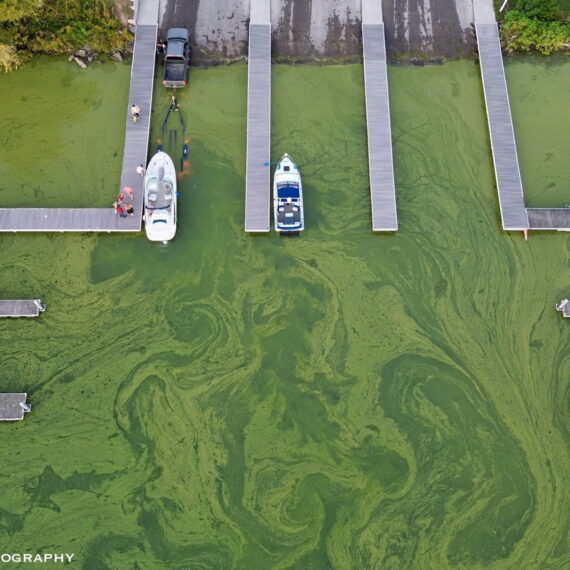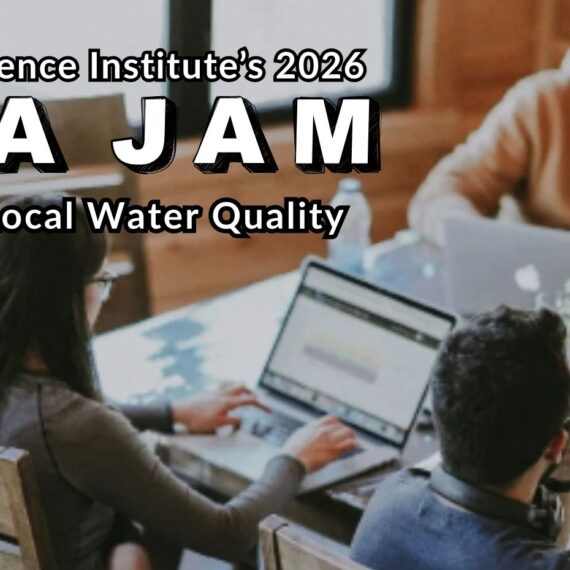The third “What’s In Your Watershed?” event in the Seneca Lake Watershed is scheduled for Thursday, October 29th from 6 to 8 PM at the Three Brothers Winery and Estates, located at 623 Lerch Road off Rte 96A near Geneva, NY. The event will highlight water quality issues in the Reeder Creek watershed.
Walt Gable, Seneca County Historian, will give a presentation about past activities at the Seneca Army Depot that may impact surface water and groundwater quality. Steve Penningroth, Executive Director of the Community Science Institute, will present results from the 2014-2015 monitoring events in Reeder Creek and discuss water quality issues facing Reeder Creek.
Reeder Creek flows into the northeast end of Seneca lake after emerging from the Seneca Army Depot. The Depot is an EPA Superfund site where soil and water contamination resulting from years of munitions storage and disposal has been investigated and remediated. Reeder Creek’s watershed also includes three waste water treatment facilities.
Since 2014, Seneca Lake Pure Waters Association (SLPWA) and the Community Science Institute (CSI) have partnered to monitor several streams flowing to Seneca Lake. This work has involved teams of SLPWA volunteers performing synoptic sampling several times a year on Reeder Creek, Catherine Creek, Big Stream and, since July of 2015, the Keuka Outlet, and transporting their stream samples to the CSI lab in Ithaca for certified analyses. Results are posted on the individual stream pages in the CSI database, which can be accessed free of charge starting at www.communityscience.org/database.
The Seneca Lake Pure Waters Association, whose mission is to enhance and preserve the quality of Seneca Lake, is concerned about the future water quality of the lake and its tributary streams. Recent studies of Seneca Lake by the Finger Lakes Institute suggest that phosphorus and nitrogen levels are increasing. While studies have investigated the lake itself, little water quality data exists for many of Seneca Lake’s tributary streams, which have a direct influence on the water quality of Seneca Lake as a whole. This lack of data prompted SLPWA to initiate their Stream Sampling Program by partnering with CSI to train community volunteers to collect water samples and perform certified analyses for phosphorus and nitrogen nutrients as well as E. coli bacteria, turbidity and several other parameters. Samples from Reeder Creek consistently show extremely high levels of inorganic phosphorus in the 500 to 1,000 ug/L range, one to two orders of magnitude higher than other tributary streams flowing into Seneca Lake or Cayuga Lake.



